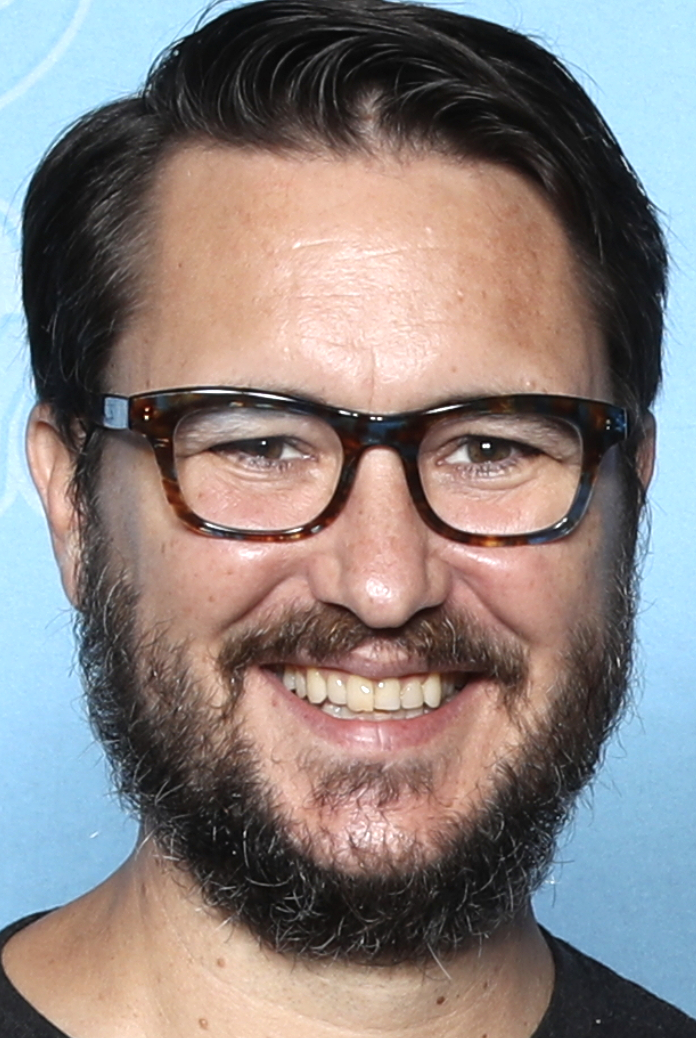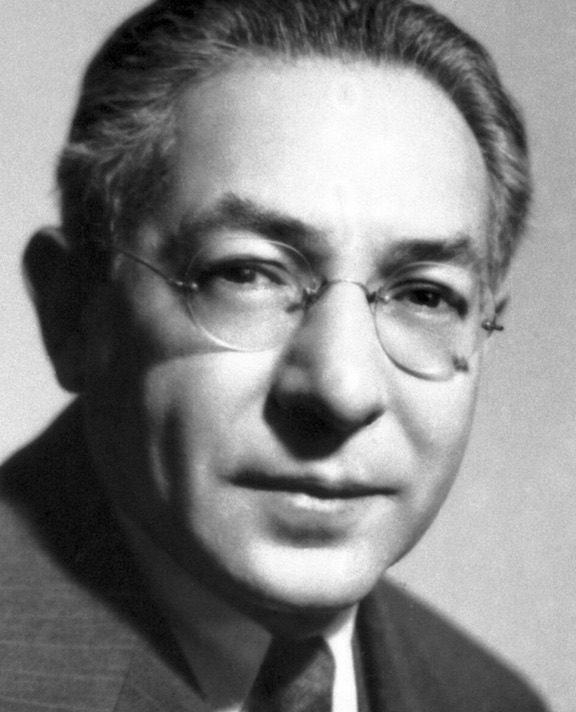July 29
Wil Wheaton

On this date in 1972, Richard William Wheaton III was born in Burbank, Calif. He started acting in 1981, when he was only 8 and later appeared in movies such as “Stand By Me” (1986) and “Toy Soldiers” (1991). Wheaton’s most famous role was as Wesley Crusher on “Star Trek: The Next Generation,” in which he was a regular cast member from 1987 to 1990, as well as returning occasionally as a guest star until 1994. Wheaton’s acting career continued with notable roles, including playing a recurring, fictionalized version of himself on ”The Big Bang Theory” sitcom, which aired from 2007-19.
He also does voice acting for animated television shows and video games, including “Teen Titans” and multiple “Grand Theft Auto” titles. He founded Monolith Press in 2003 and is the author of Dancing Barefoot (2004), a collection of autobiographical stories, and Just A Geek: Unflinchingly Honest Tales of the Search for Life, Love, and Fulfillment Beyond the Starship Enterprise (2005).
“I’m an atheist,” Wheaton proclaimed during an interview with the “Nerdist” podcast on Feb. 22, 2011. He described fan reaction to his personal ethical code, summed up as “Don’t Be A Dick,” saying, “People started calling it Wheaton’s Law, and I’m like, I’m an atheist, but that’s kind of like Jesus’ law. It’s a good law.” He elaborated on his views about religion on a 2006 blog post titled “The sins of the father,” in which he wrote, “I also have nothing but contempt for the so-called spiritual leaders who prey upon people for their own personal financial or political gain.”
Wheaton also described himself on his website as supporting “freedom from religion.” He married Anne Prince in 1999 and adopted her two sons from a previous relationship.
PHOTO: Wheaton in 2019 at GalaxyCon in Raleigh, N.C.; Super Festivals photo under CC 2.0.
“I’m so fed up with being told that I’m a bad person because I don’t subscribe to the same exact narrow views [Christians] have.”
— Wheaton blog post titled “Seriously. What would Jesus do?” (2006)
Isidor Rabi

On this date in 1898, physicist Israel “Isidor” Isaac Rabi was born to Polish-Jewish parents in Rymanów, then part of Austria-Hungary. He emigrated to New York City as a toddler with his parents, Janet (née Teig) and David Rabi, who spoke only Yiddish and were observant Orthodox Jews.
Rabi (pronounced RAH-bee) grew up in a poor household that took in boarders to live with them in their two-room flat in Brooklyn, with his father working as a tailor when he could get work. When Rabi discovered a book explaining Copernicus’ theory of heliocentrism, he told declared “Who needs God?” He later said Jack London’s writings made him a Marxist by the time he was 13 years old.
To assuage his disappointed but tolerant parents, he agreed to prepare a bar mitzvah “drasha,” a scholarly discourse meant to be sourced from the Talmud. He delivered the speech in Yiddish about how an electric light works. (Tablet, “Of Judaism, but Not in It,” Aug. 21, 2023)
As a scholarship student, he had studied electrical engineering, chemistry and physics at Cornell and Columbia universities, completing a doctorate in 1927. The year before that, he married Helen Newmark. They had two daughters, Nancy (b. 1929) and Margaret (b. 1934).
He joined the Columbia faculty in 1929, where he developed techniques for using nuclear magnetic resonance that led to the 1944 Nobel Prize in Physics. Magnetic resonance imaging (MRI) would eventually become an important tool in medicine. He was also among the first U.S. scientists to work on the cavity magnetron used in microwave radar and microwave ovens.
He also worked during World War II on radar at the Massachusetts Institute of Technology and was a consultant for the Manhattan Project building the first atomic bomb. After the war, he served on the advisory committee for the Atomic Energy Commission and chaired it from 1952-56. He strongly opposed development of the hydrogen bomb.
Rabi was science adviser to President Eisenhower, helped establish the Brookhaven National Laboratory on Long Island, N.Y., and was a U.S. delegate to UNESCO. He retired from teaching in 1967 at Columbia but remained active and held the title of professor emeritus and special lecturer until his death.
He softened his views on the God of the bible as he aged and said while he didn’t consider himself an atheist, he certainly didn’t embrace faith the way his ancestors did: “If you mean a religion which is found in the supernatural, it is very difficult for a scientist to follow, although some of the scientists I know are devout Jews and Christians.” Asked if he attended synagogue on Yom Kippur, he said “No.” (Jewish Telegraphic Agency, May 29, 1987)
He died of cancer at age 89 at home in Manhattan. His wife Helen survived him and lived to be 102. (D. 1988)
PHOTO: Rabi in 1944; Nobel Foundation public domain photo.
“There’s no question that basically, somewhere way down, I’m an Orthodox Jew. … In fact, to this very day, if you ask for my religion, I say ‘Orthodox Hebrew’ — in the sense that the church I’m not attending is that one. If I were to go to church, that’s the one I would go to. That’s the one I failed. It doesn’t mean I’m something else.”
— Rabi, quoted by biographer John S. Rigden in "Rabi, Scientist and Citizen" (1987)
